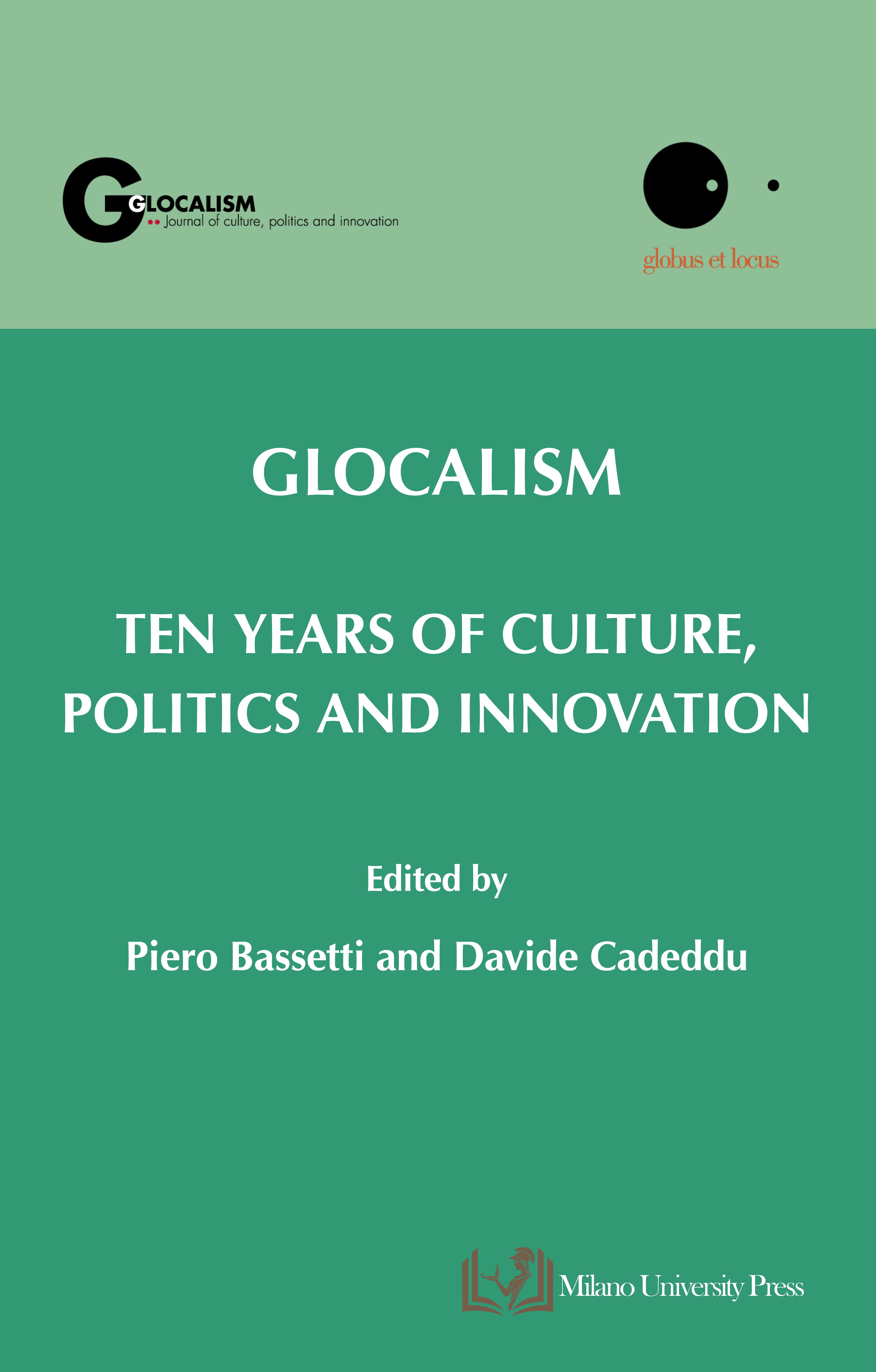WELL-BEING: THREATS AND ACHIEVEMENTS
EDITORIAL
DOI:
https://doi.org/10.54103/gjcpi.2024.23675Abstract
Were one to be asked to think about well-being, his or her mind would probably wander among images of harmony, happiness or satisfaction. Others might focus on physical health, conjecture on the achievement of personal goals or conceive of well-being by negation: as the absence of illness, negative emotions or worries. Yet, this would be all but a complete picture.
It is in fact possible to think of well-being as a far more complex phenomenon: something other than comforting and fleeting emotions, and different from mere individual feelings of joy or vitality. Well-being may be considered first and foremost as a social issue, pertaining to the composition of conflicting values and the fulfilment of collective needs. All the more so, against the background of global phenomena such as climate change and economic inequality, well-being cannot be reduced to a patchwork of good emotions or to the absence of disease or social unrest. The interconnected and quick transformation of contemporaneity calls for a trans-individual and multidimensional understanding of the concept: encompassing the fields of physical, mental, and social health.

Downloads
Published
How to Cite
Issue
Section
License
Copyright (c) 2024 GLOCALISM

This work is licensed under a Creative Commons Attribution-ShareAlike 4.0 International License.











